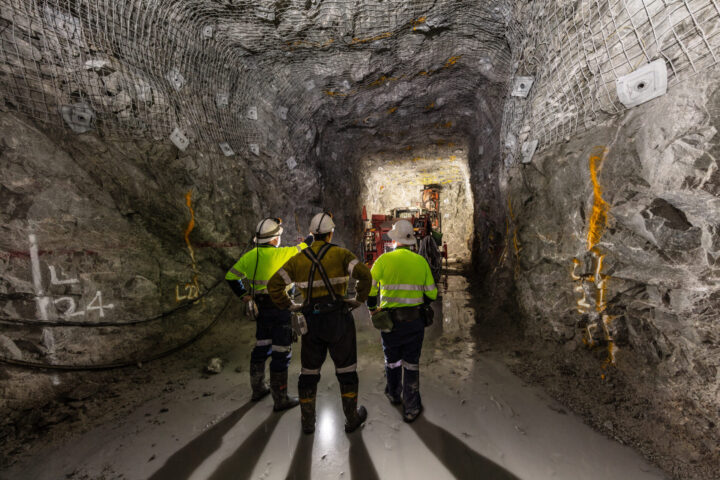The Government has announced £51.9m in funding to support 25 businesses in reducing carbon emissions as part of its Plan for Change to reach net zero and drive economic growth.
Covering a range of sectors, including food manufacturing, brewing, and construction, the projects aim to improve energy efficiency and reduce reliance on fossil fuels.
Companies will invest an additional two-thirds of the total costs, bringing the total project value to £154m.
Heinz will use its £2.5m grant to install heat pumps at its Wigan factory, switching from fossil fuels to a more energy-efficient process.
Hanson Cement in North Wales has been awarded £5.6m to support its carbon capture project, expected to cut 800,000 tonnes of CO2 emissions annually and create hundreds of construction jobs.
Minister for industry Sarah Jones said: “Helping businesses of all sizes to reduce their emissions is core to our Plan for Change to achieve net zero while growing the economy.
“These companies represent some of the best of business innovation – using new technologies to improve how we do things, become more sustainable, and continue to make the British products we love – from baked beans to beer.”
Saji Jacob, head of west Europe supply chain at Heinz, commented: “The Industrial Energy Transformation Fund has enabled this energy efficiency project to become a reality at our largest food manufacturing plant in Europe. It represents a critical step in our decarbonisation journey towards net zero.”
Simon Willis, CEO of Hanson UK, added: “I would like to thank Government and all those that supported us in our bid to receive funding, which will enable us to help decarbonise the construction industry and meet our overall ambition to become a net zero business.
“This global exemplar project will provide net zero construction materials for major projects across the country, from new offshore wind farms and nuclear power stations, to clean transport infrastructure, as early as 2028.”
Other recipients include Novelis in Warrington, which secured nearly £14m to expand its recycling capacity, part of a £63m project expected to reduce its carbon footprint by over 350,000 tonnes annually.

















